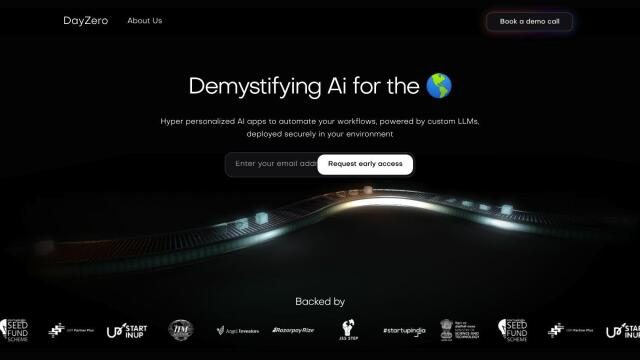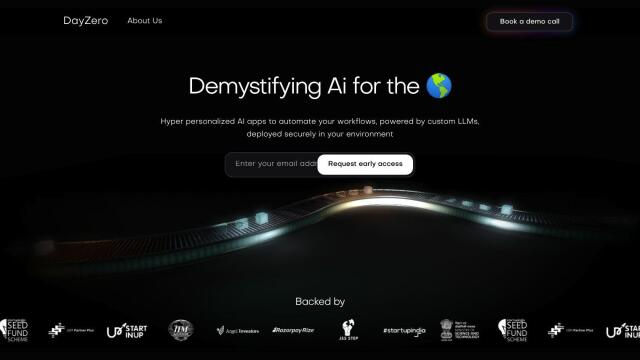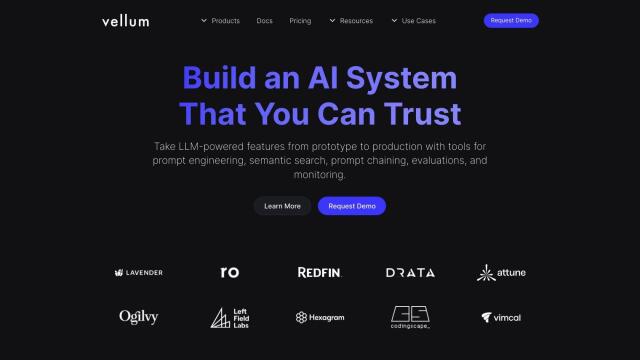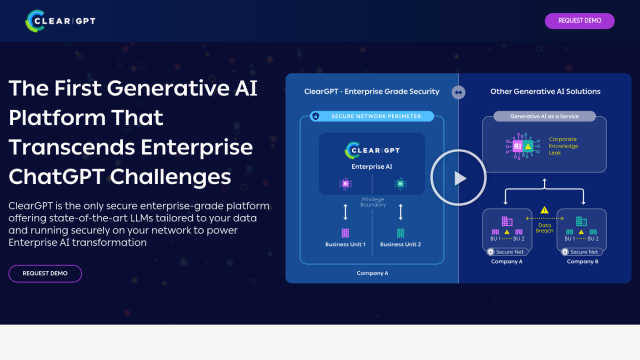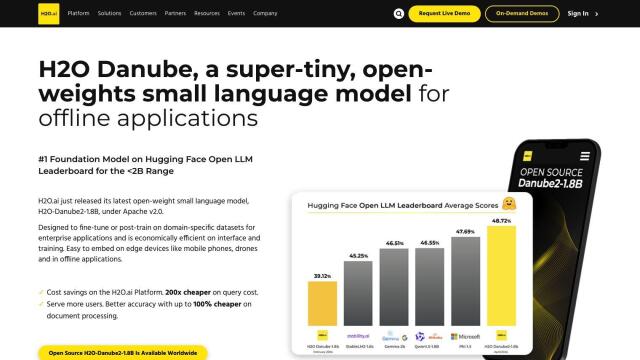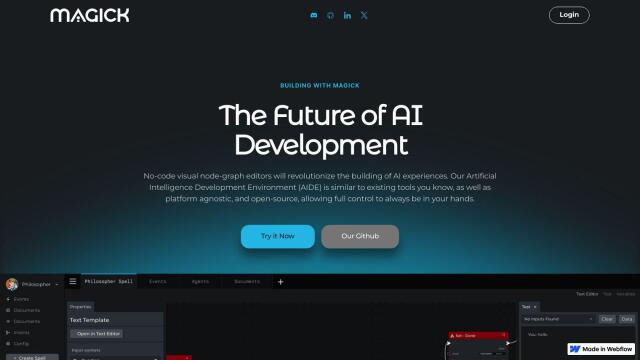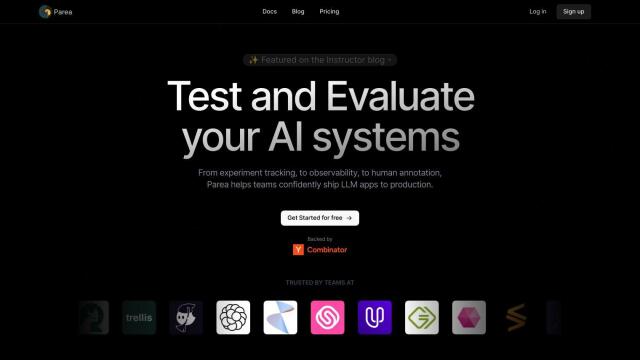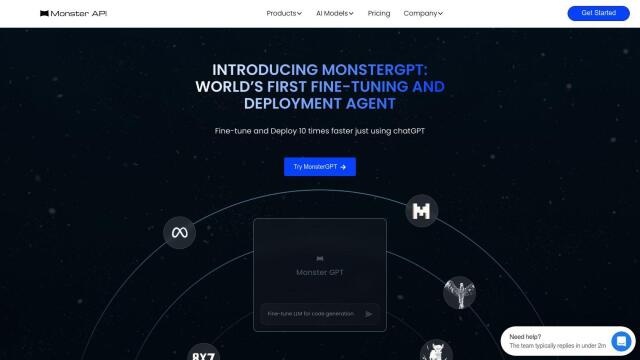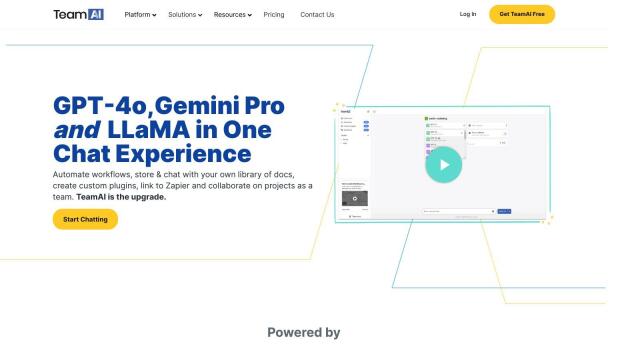Question: I need a platform that allows me to use my own large language models for a custom AI solution.


Zerve
If you want a platform to run your own large language models for a private AI service, Zerve is a good option. It lets you run GenAI and LLMs in your own environment, with an integrated environment with notebook and IDE tools, detailed control over GPUs, and language interoperability. The service also supports unlimited parallelization and compute optimization, and you can self-host on AWS, Azure or GCP instances.


Dify
Another flexible option is Dify. This open-source platform lets you build generative AI apps, including your own GPTs and AI assistants. Dify comes with a visual Orchestration Studio for designing AI apps, data pipelines, prompts and model tuning. It can also be run on-premises for security and data control, and there are several pricing levels for different needs.

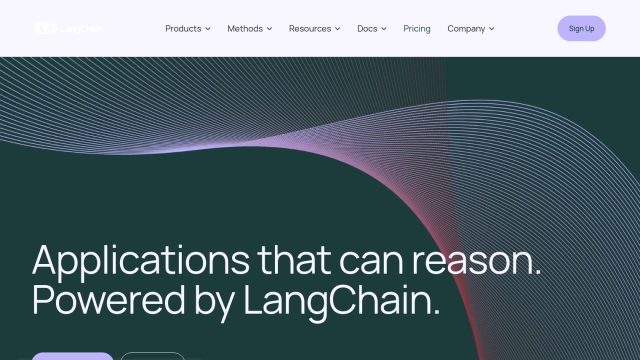
LangChain
For a broader foundation, LangChain offers a suite of tools for building and running context-aware LLM apps. It includes a framework for building apps, monitoring performance and deploying them with parallelization. LangChain can integrate with multiple APIs and private sources, which makes it a good option for financial services and technology companies that want to improve productivity and personalization.

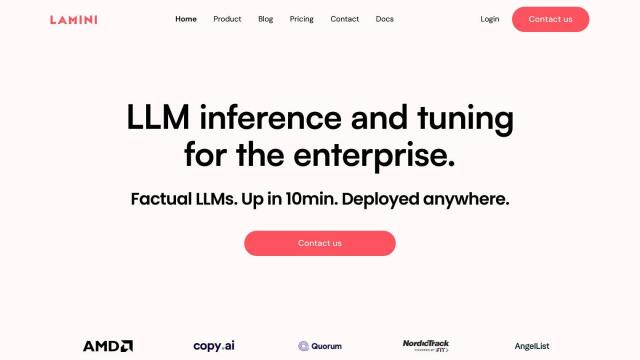
Lamini
Last, Lamini is geared for enterprise-level LLM management. It lets software teams build, manage and deploy LLMs on their own data, with features like memory tuning, high-throughput inference and deployment to a variety of environments, including air-gapped environments. Lamini is a full platform for managing the model lifecycle, from selection to deployment.




